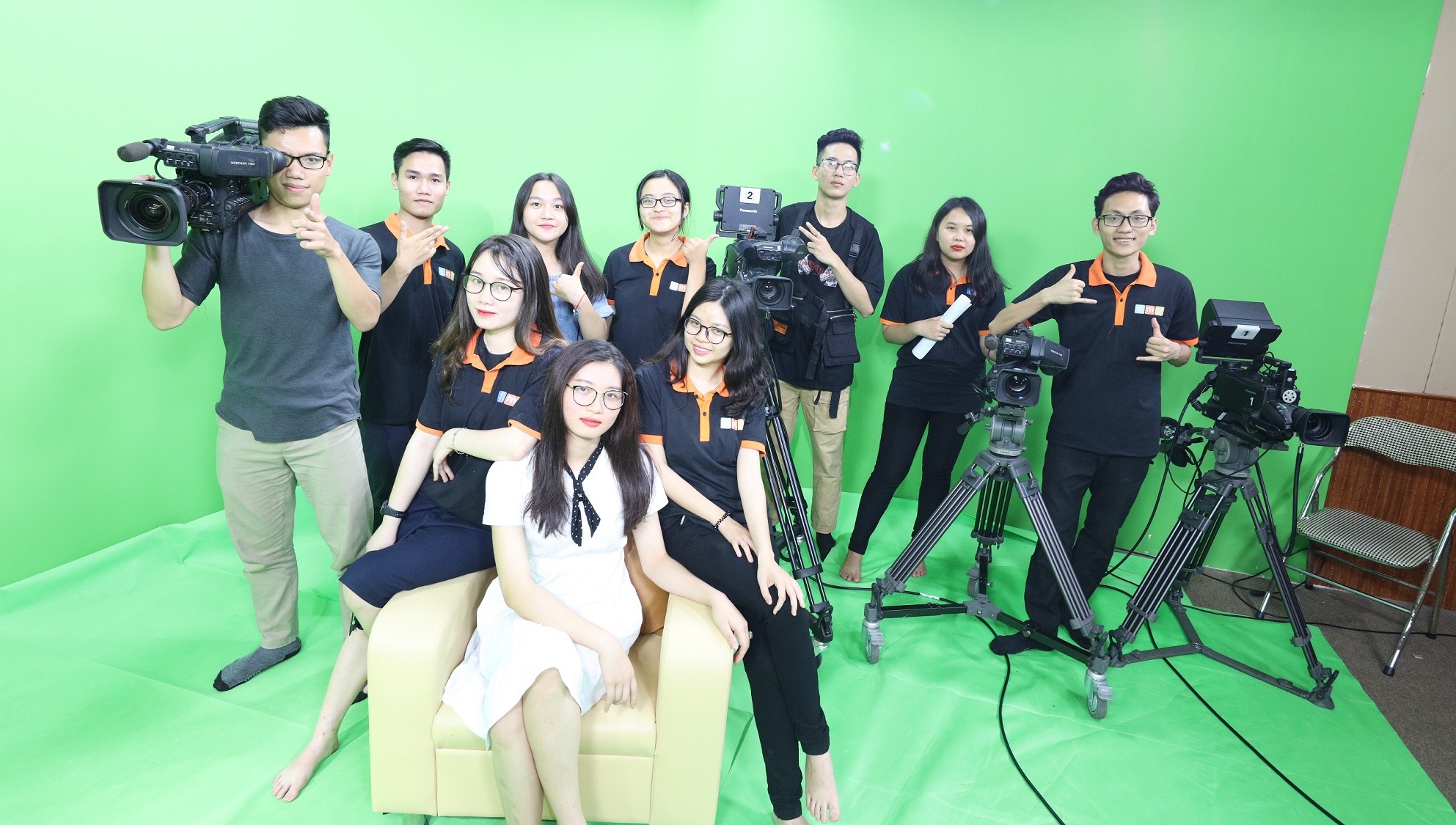
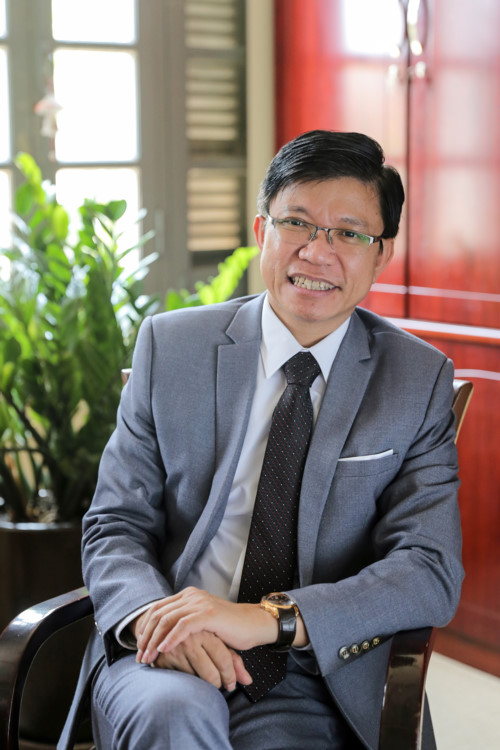
Assoc. Prof. Dr. Hoang Anh Tuan - Vice Rector of the University of Social Sciences and Humanities, Vietnam National University, Hanoi
- The development of communication technology has changed the way journalism is done, with social media posing a challenge to journalism. This means that schools with journalism programs must also change their training methods. What are your comments on this statement, Associate Professor?
- Associate Professor Hoang Anh Tuan: In my opinion, facing new media such as social networks, we need to return to the authentic and credible nature of journalistic information. Therefore, from a certain perspective, we need to strengthen and reinforce our training philosophy.JournalismIt combines a solid foundation in social knowledge, multi-faceted journalism training, and broad exposure to media skills. As a result, journalism graduates can work in various media and communication formats, producing high-quality content.
The University of Social Sciences and Humanities (Vietnam National University, Hanoi) is constantly evolving, even without the challenges of the new era. A recent example is our assignment to the Institute of Journalism and Communication Training to offer a high-quality bachelor's program, with enrollment beginning in June 2019.
Each year, 10-20% of the subjects in the curriculum are adjusted to suit the evolving social life and the needs of media organizations. Furthermore, the school has provided input and approved many new subjects in the Institute of Journalism and Communication Training, such as: Multimedia Communication, Media Management…
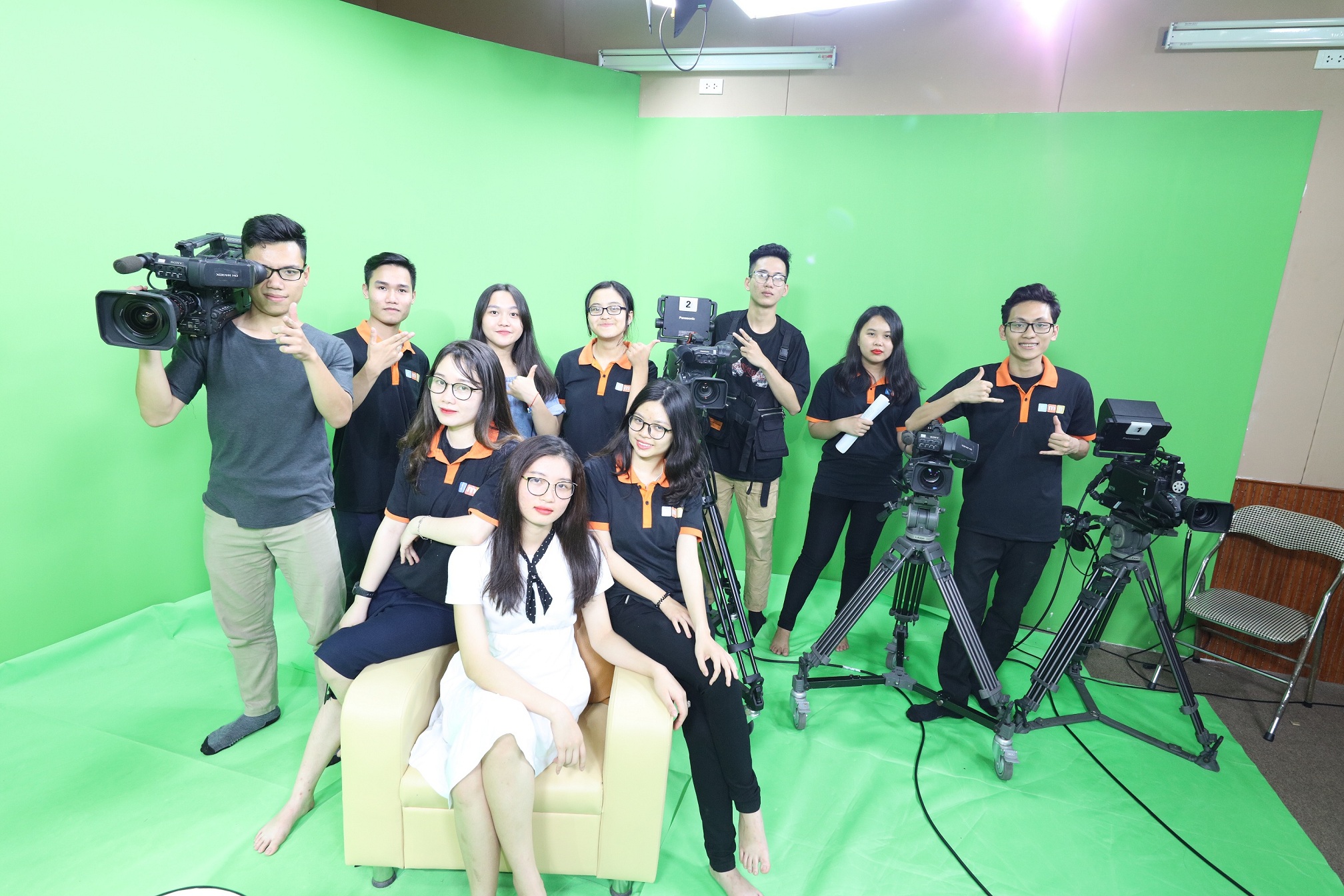
- In reality, there is still a gap between school training and practical experience. That's also why many news organizations are hesitant to hire fresh graduates and often prioritize those with prior journalistic experience. Is this a challenge for journalism schools in general, and the University of Social Sciences and Humanities in particular, Professor?
- Associate Professor Hoang Anh Tuan: I believe this viewpoint is outdated and incomplete. Currently, in addition to theoretical training, students have many practical activities right from their first years. From the second year, many students study while also collaborating with press and media organizations. Of course, students can only accumulate experience after a period of practical work.
From another perspective, many media organizations such as VTV (VTV3 channel), VTC (VTC Now), Zing.vn online newspaper, and Thoi Trang Tre magazine are targeting student recruitment for new multi-platform production methods such as the internet and mobile, with the view that "the youthfulness, creativity, and diversity of young reporters are very much needed." Recently, we haven't even had enough newly graduated journalism students to recommend to these organizations.
That being said, the school is not entirely satisfied with the employment prospects of its journalism students, especially in the context of the current planning of the media system in our country. Going forward, we will continue our research with the Institute of Journalism and Communication Training to aim towards training future journalists who can work in international media environments.
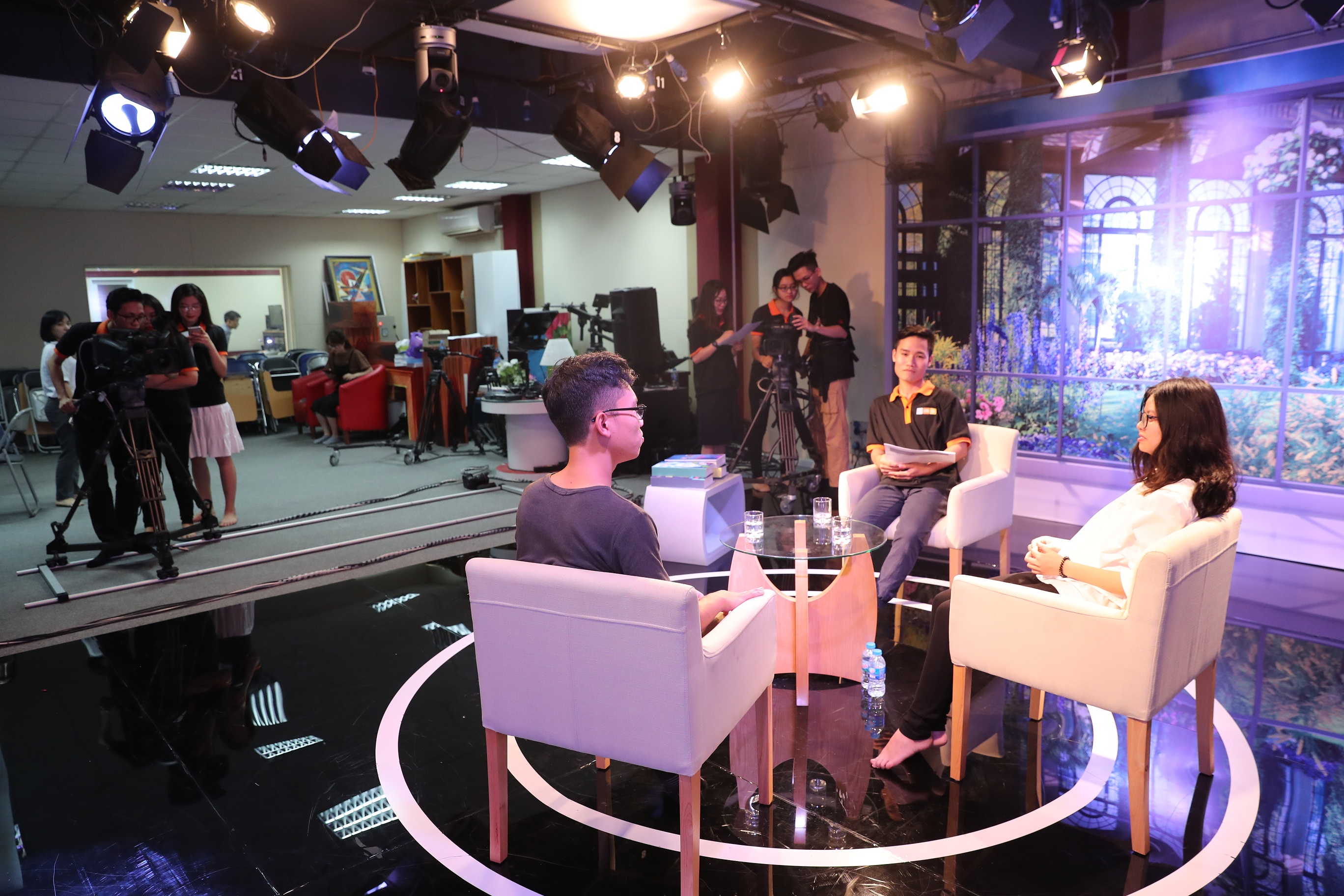
- Recently, there has been a phenomenon of "a few bad apples spoiling the bunch" in the journalism field, causing public outrage. Many people are now asking: how is journalistic ethics being addressed in educational institutions?
- Associate Professor Hoang Anh Tuan: We believe that journalism is a form of activity that impacts a large audience, so ethical issues in journalism always need to be emphasized. Therefore, while the subjects in the training program may change over time, the subjects on law and journalistic ethics are excluded.
Furthermore, during the training of students through various subjects, the school always emphasizes the importance of lecturers conveying content on journalistic ethics. Journalists and media managers invited to participate in teaching also provide many vivid and practical lessons about the integrity and competence of journalists. However, this is a process that needs to be maintained and nurtured, and media organizations also need to continue to regularly cultivate this issue within their staff.
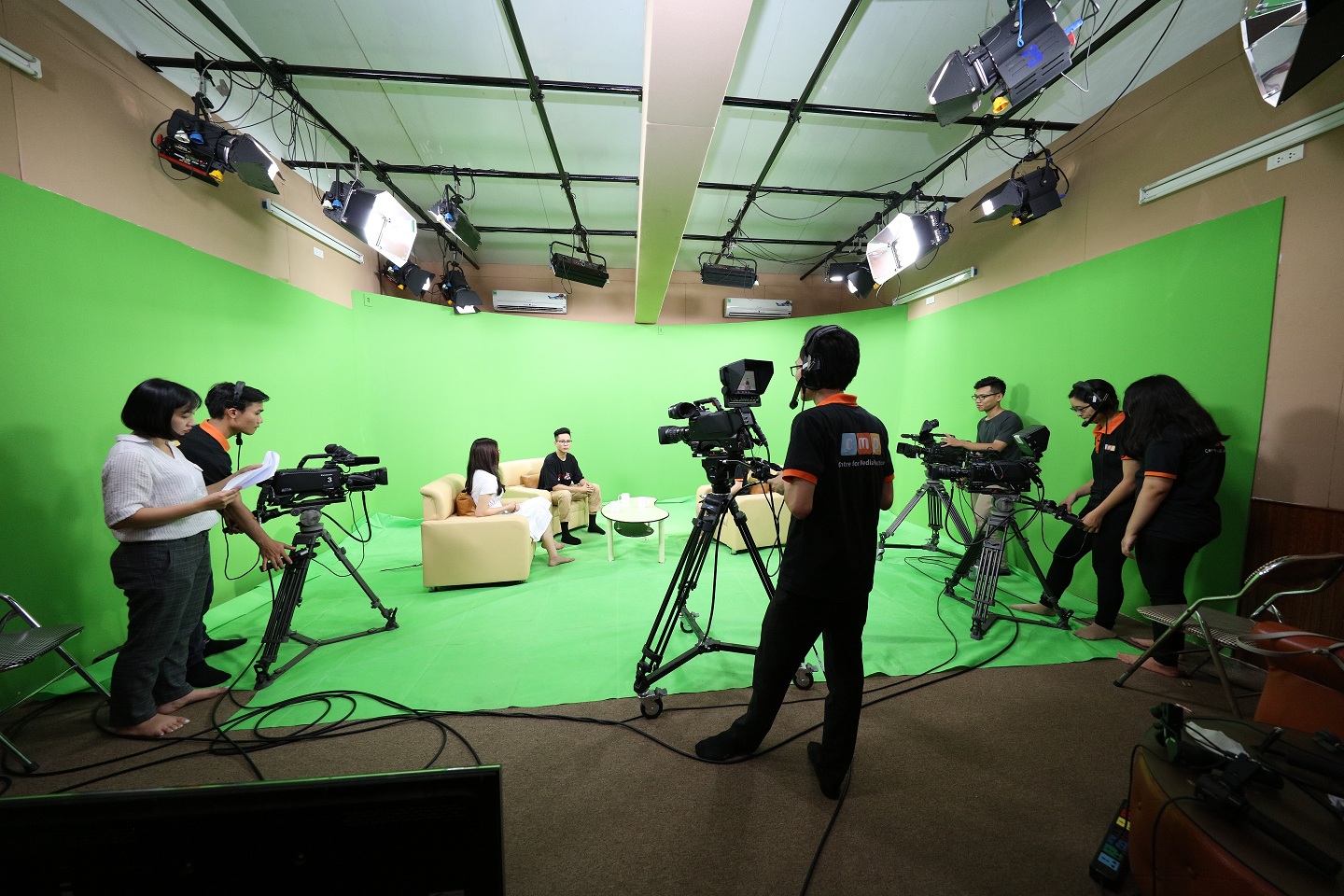
- For many years now, journalism has been a "hot" field, attracting a large number of students applying for admission. What advice would you, Associate Professor, give to young people who aspire to study journalism?
- Associate Professor Hoang Anh Tuan: We need to clearly understand that journalism is "hot" because graduates not only work in the four types of journalism but can also work in media organizations, agencies, and ministries. However, to study journalism, students need a special passion, as learning the knowledge alone requires much more effort than many other fields of study. In addition, students need supplementary skills, especially foreign languages, and must proactively accumulate practical experience very early on.
Thank you, Associate Professor!
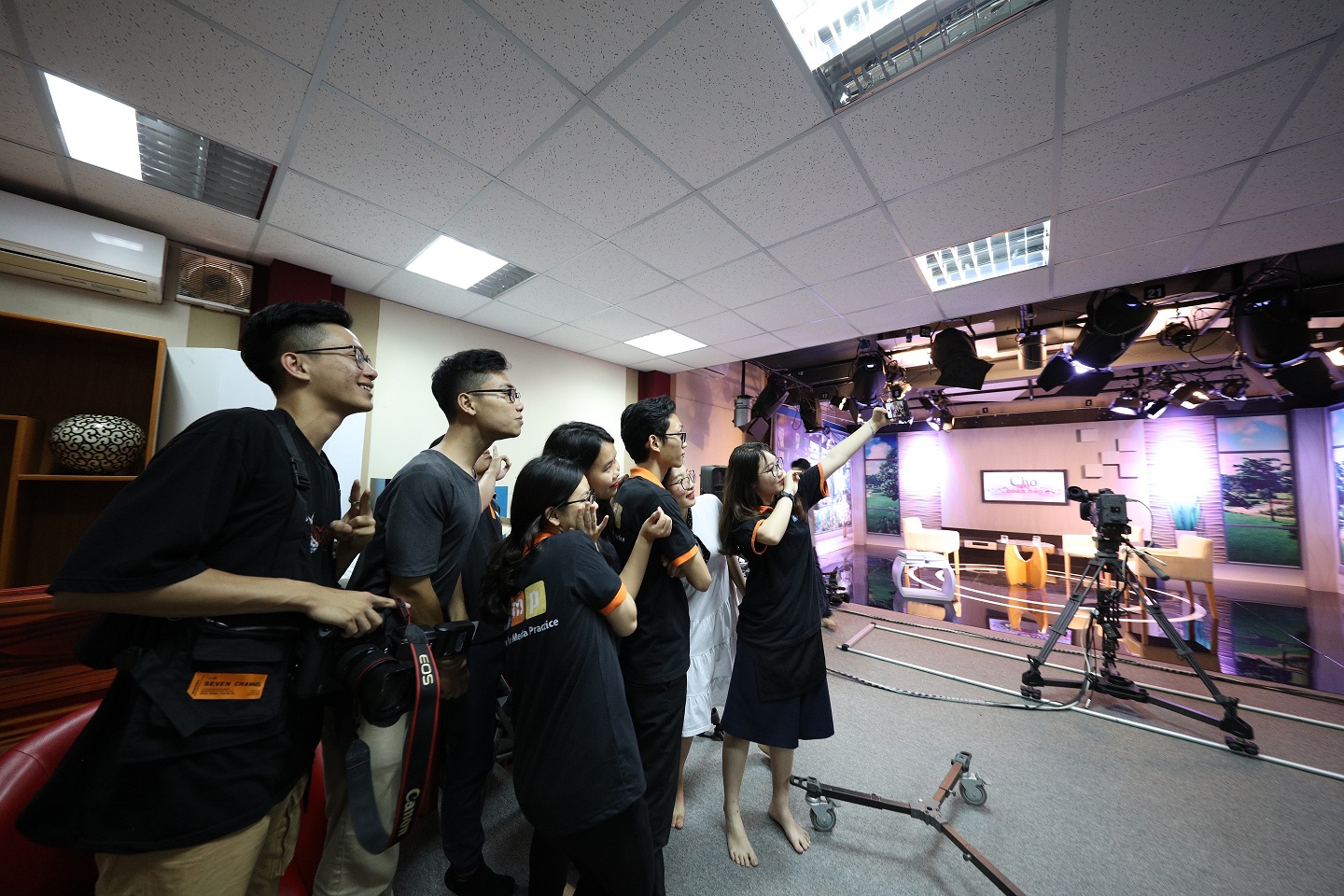
According to Education and Times
Author:Sy Dan
Newer news
Older news